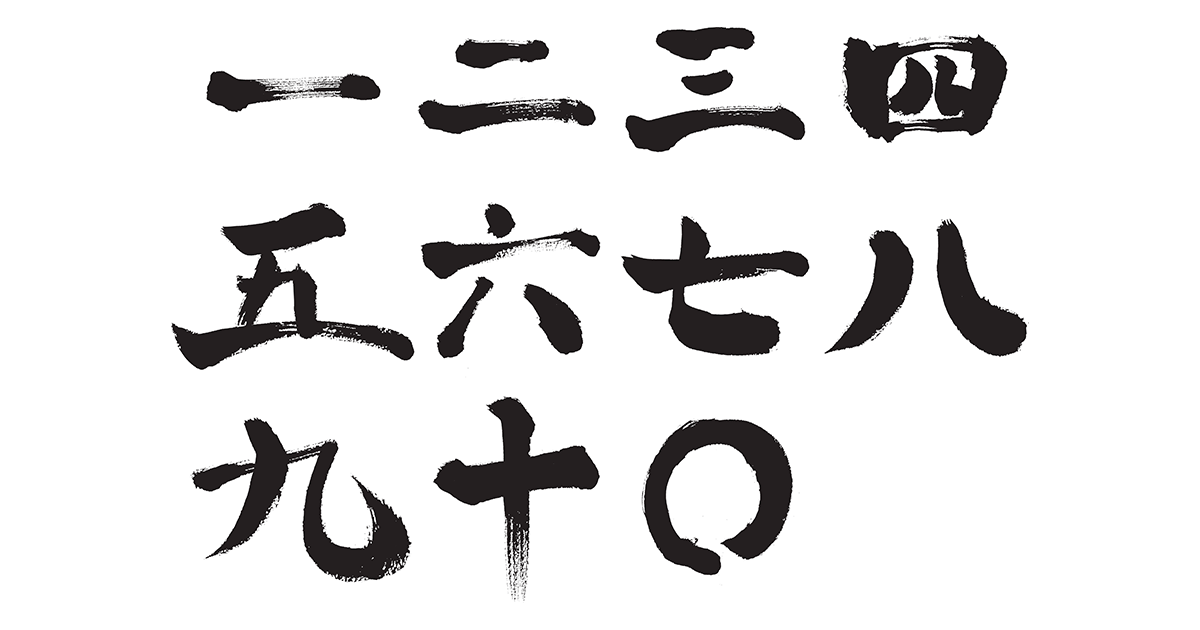

We all have secrets and don’t want to reveal information. Today, let’s look at some Japanese expressions to keep or spill a secret.
1. 秘密(ひみつ)です。
Himitsu desu. (It’s a secret.)
“Secret” can be translated as “himitsu” in Japanese.
Man: おとしはいくつなんですか。
Otoshi wa ikutsu nan desuka.
(How old are you?)
Woman: 秘密です。
Himitsu desu.
(It’s a secret.)
“Secret” can be translated as “himitsu” in Japanese. “Himitsu” is also used in book titles such as “Piramiddo no Himitsu o Saguru” (Exploring the Secrets of the Pyramid) and expressions such as “Joyuu xx no wakasa no himitsu wa?” (What’s the secret behind the actress’ youth?)
2. 内緒(ないしょ)です。
Naisho desu.
(It’s a secret.)
“Secret” can be translated as “naisho” in Japanese. “Naisho” is used in a narrower context than “himitsu”.
For example, “himitsu” can be used in different situations such as book titles “Piramiddo no Himitsu” but “naishoo” is often used when you wish to keep a secret from people who are familiar to you, such as “内緒話 naishobanashi (secret talk)”, and “お父さんには内緒だよ Otoosan niwa naisho dayo (Keep it from Dad!)”
Child: お父さん、アイスクリームもう一つ食べてもいい?
Otoosan, aisukuriimu moo hitotsu tabetemo ii? (Dad, can I eat another ice-cream?)
Father: いいけど、お母さんには内緒だよ。
Ii kedo, okaasan niwa naisho dayo. (OK but keep it from mom.)
3. 企業(きぎょう)秘密(ひみつ)・機密(きみつ)
Kigyoo himitsu / Kimitsu
(Trade secret / Classified)
It is important to protect information in business. Expressions like “kigyoo himitsu” and “kimitsu” are used.
Client: このスープおいしいですね。何が入っているんですか。
Kono suupu oishii desune. Nani ga haitteirun desuka.
(This soup is delicious. What’s inside the soup?)
You: 企業秘密のため、お知らせできません。申し訳ありません。
Kigyoo himitsu no tame, oshirase dekimasen. Mooshiwakearimasen.
(I’m very sorry I can’t tell you as it’s a trade secret.)
Client: このエンジンの中を見たいのですが。
Kono enjin no naka o mitaino desuga.
(I want to take a look inside the engine.)
You: 申し訳ございません。こちらは、機密扱いになっておりまして…
Mooshiwakegozaimasen. Kochira wa kimitsu atsukai ni natteorimashite…
(I’m very sorry. This is classified…)
4. 誰(だれ)にも言(い)わないでください。
Dare nimo iwanaide kudasai
(Please don’t tell anyone)
If your secret was accidentally revealed by chance, try using this expression.
At the hospital
Friend: がんだったんですか・・・
Gan dattan desuka…
(Is it cancer…?)
You: 誰にも言わないでください。
Dare nimo iwanaide kudasai.
(Please don’t tell anyone.)
5. ここだけの話(はなし)なんだけど…
Koko dake no hanashi nandakedo
(It’s between you and me but…)
You say this expression first, and then continue with your secret talk. The English equivalent is “It’s between you and me but…”
Colleague: ここだけの話なんだけど、課長、最近奥さんと離婚したんだって。
Koko dake no hanashi nandakedo, Kachoo, saikin okusan to rikonshitan datte.
(It’s between you and me but I heard the Section Manager divorced his wife recently.)
You: ええ?ほんとに?
Ee? Hontooni?
(What? Really?)
6. 口(くち)が軽(かる)い
Kuchi ga karui
(Having a loose tongue)
“Kuchi ga kurui” describes someone who cannot keep secrets. “Kuchi” means “mouth” and “karui” means “light”. This idiom is easily to imagine as someone having a light mouth means running his tongue loose.
You: 吉田さんも、明日のランチに誘おうか?
Yoshida-san mo, ashita no ranchi ni saso ooka?
(Shall we invite Mr. Yoshida to tomorrow’s lunch?)
Friend: えーー。やめようよ。吉田さんは、口が軽いから…
Eee. Yameyoo yo. Yoshida-san wa kuchi ga karuikara.
(No, we’d better not. Mr. Yoshida’s got a loose tongue.)
7. 口(くち)が堅(かた)い。
Kuchi ga katai
(Keeps the mouth shut)
Conversely, a person who can keep secrets is said to be “kuchi ga katai”. “Kuchi” means “mouth” and “katai” means “hard, rigid, or firm”.
You may think that the opposite of “kuchi ga karui” is “kuchi ga omoi” as “omoi” means “heavy” where “karui” is “light”. However, “kuchi ga omoi” means someone who is uncommunicative, reticent, or reserved in speech. Do take note of the difference.
You: 吉田さんも、明日のランチに誘おうか?
Yoshida-san mo, ashita no ranchi ni saso ooka?
(Shall we invite Mr. Yoshida to tomorrow’s lunch?)
Friend: えーー。やめようよ。吉田さんは、口が軽いから…
Eee. Yameyoo yo. Yoshida-san wa kuchi ga karuikara.
(No, we’d better not. Mr. Yoshida’s got a loose tongue.)
You: じゃ、田中さんは?
Ja, Tanaka-san wa?
(In that case, how about Ms. Tanaka?)
Friend: 田中さんならいいよ。彼女は口が堅いから。
Tanaka-san nara ii yo. Kanojo wa kuchi ga katai kara.
(Ms. Tanaka is OK. She keeps her mouth shut.)
8. 今(いま)の話(はなし)は聞(き)かなかったことにする。
Ima no hanashi wa kikanakatta kotoni suru.
(I’ll pretend I didn’t hear this.)
Have you ever heard or learnt of something that you did not want to hear or know about? You can use “kikanakatta kotoni suru” in this case.
Ex-girlfriend: 私、結婚しても、あなたのことが忘れられない…。
Watashi, kekkon shitemo, anata no kotoga wasurerarenai.
(I can’t forget you even though I’m married.)
You: 今更何を言っているんだ?今の話は聞かなかったことにする。早く旦那さんのところへ帰れよ。
Imasara nani o itteirunda? Ima no hanashi wa kikanakatta kotoni suru. Hayaku danna-san no tokoro e kaereyo.
(What are you talking about now? I’ll pretend I didn’t hear this. Go back to your husband!)
Such conversation only appears in melodramas (laugh).
As you become closer with your Japanese friend, I’m sure you will encounter more cases of revealing secrets or having secrets be revealed.
When that happens, try using the expressions that you’ve learnt today.






